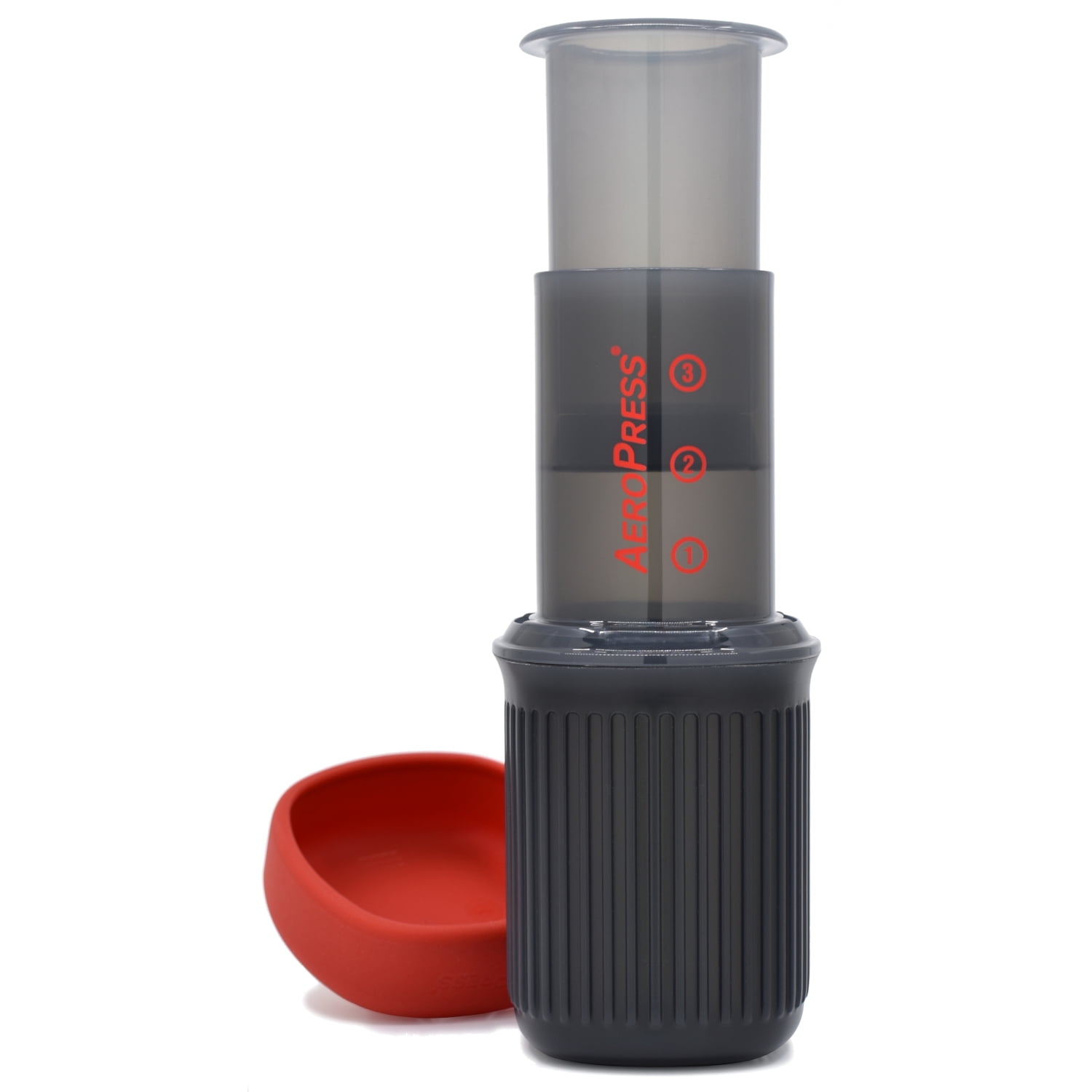

It has been based on extensive market research into environmental and sustainability labelling for products, and provides a comprehensive set of principles and general requirements for manufacturers, product suppliers, market regulators and consumers. The aim is to protect unsuspecting customers from buying into false claims, with the ultimate goal of avoiding greenwashing.” In his words: “The standard sets the contemporary rules for how products should be labelled and what should lie behind labelling claims. ISO 14020, which has been recently updated, can help. I spoke to Graeme Drake, who leads ISO’s environmental labelling committee, on ways standards can support customers in identifying and choosing the right products. This change in consumer values presents a unique opportunity to shift towards more sustainable models of production and consumption. A recent survey found 82 % of US consumers want more human interaction in their transactions. Increasingly, consumption is about more than just products, as consumers call for more socially and environmentally sustainable manufacturing, and turn to “experiences” to feel connected to the rest of the world. They want life-enhancing products with ethical and environmentally responsible production and supply chains. Many of today’s consumers care about more than simply receiving a satisfactory product.

The urgency of climate action, growing connectivity, the rise of the middle class and other global trends are driving change in consumer attitudes.


 0 kommentar(er)
0 kommentar(er)
